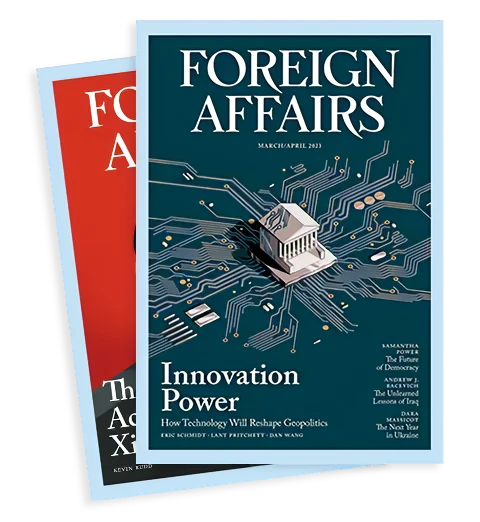FA: 經濟戰的侷限性 (Part 1)


作者/Author(s): Peter Harrell
原文來源/Source: Foreign Affairs
日期/Date: 03/27/2023
主題/Key Topics: Economic, Sanction
摘要:
美國將經濟制裁視為應對各種問題的首選工具,因為這些制裁成本低廉,但對敵人的傷害很大。當俄羅斯於2022年2月入侵烏克蘭時,美國及其盟友立即以制裁懲罰俄羅斯,削弱了俄羅斯的經濟實力。然而,一年後普丁並未披露停止戰爭的意願,這顯示了制裁在改變普丁戰略計算能力方面是有限的。最終,仍然是軍事硬實力而不是經濟實力決定戰爭的結果。
俄羅斯如何抵擋制裁?
- 美國制定了制裁措施並加強烏克蘭的安全以阻止普京入侵。然而,美國的措施未能阻止入侵,因為普丁認為俄羅斯可以承受這些制裁。隨著戰爭的延續,美國及其盟友不斷增強實施制裁和出口管制的強度。雖然制裁破壞了俄羅斯的財政、經濟和戰鬥能力,但其影響並非西方官員所預測的那麼嚴重。
- 在戰爭初期能源價格飆升時,俄羅斯就從石油銷售中大量獲利,有效緩衝了制裁的影響。
- 俄羅斯長期以來都在準備應對西方制裁。俄羅斯創建了與緊密盟友共同的國際銀行間轉帳和支付系統。俄羅斯還引入了宏觀經濟政策以減少經濟震盪的影響。
- 針對俄羅斯的制裁比針對伊朗、朝鮮和委內瑞拉的制裁更有限。西方國家排除了消費品,並抵制對還在與俄羅斯進行貿易的國家實施次級制裁。
Summary:
The US made economic sanctions the preferred instrument to deal with various issues as they are low-cost but damaging to foes. When Russia invaded Ukraine in February 2022, the US and its allies immediately punished Russia with sanctions, which degraded Russia's economy. However, one year on, Putin shows no sign of stopping, indicating the limitation of sanctions in changing Putin's strategic calculus. Ultimately, hard military power, not economic power, will decide the war's outcome.
How Russia resisted the sanctions?
How Russia resisted the sanctions?
- The US formulated sanctions and reinforced Ukraine's security to dissuade Putin from invading. However, US's measures failed to stop the invasion as Putin weighed that the punitive measures were bearable. Consequently, the US and its allies implemented the sanctions and export controls with increasing intensity as the war dragged on. Although the sanctions damaged Russia's finances, economy, and warfighting capacity, the effect is not as severe as predicted by Western officials.
- At the beginning of the war, Russia profited from oil sales as energy prices spiked, cushioning the effect of sanctions.
- Russia had braced itself against Western sanctions for a long time by creating an interbank transfer and payment system that its close allies adopted. Russia also introduced macroeconomic policies to reduce the economic shock.
- The sanctions against Russia are more limited than those against Iran, North Korea, and Venezuela. The West excluded consumer goods and resisted introducing secondary sanctions against countries still trading with Russia.
